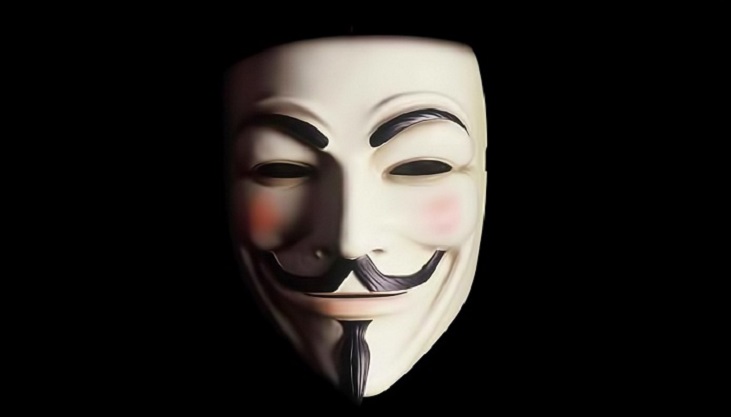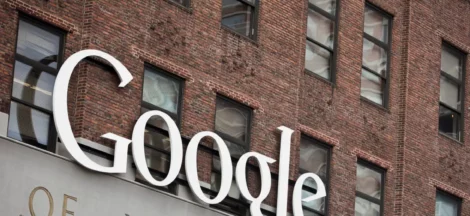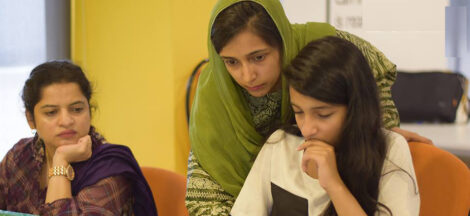The United Nations outed a report Thursday which puts forth the argument that strong online encryption is critical to exercising basic human rights.
“Encryption and anonymity enable individuals to exercise their rights to freedom of opinion and expression in the digital age and, as such, deserve strong protection,” says the report, from the UN’s Office of the High Commissioner for Human Rights.
The UN released report starts a debate in Pakistan over the draft Cyber Crime bill that will give security agencies guaranteed access to any user data maintained by telecom providers without a lack of any judicial oversight. The Prevention Of Electronic Crimes Bill 2015 ( PECB 2015) contains a mention pertaining to encryption in draft Section 32 (subparagraph g) allowing any authorized officer to “require any person who is in possession of decryption key of any information system, device or data under investigation to grant him access to it for investigation any such offense.”
This provision contains elements that give great control to the authorized officer, which are expansive and protruding in nature. Any user could be coerced into disclosing their encryption keys, undermining their personal privacy and data. This may allow the law to be abused to the very hilt and needs. Anyone found encrypting information online could be held liable for prosecution although it may not be a crime, for example using virtual private networks.
The UN report states encryption, anonymity tools (like VPNs, proxies, and onion routing) are essential to secure an individuals’ privacy, freedom of opinion and expression. Many countries globally are cracking down against encryption measures, as they say it jeopardizes the efforts of the law enforcement agencies to tackle crime, terrorism and threatens national security interests. The UN’s stance on this is equivocal, encryption is not a need but a basic right to exercise of any individual. The UN further elaborates the point that all the focus is always exclusively on freedom of expression instead on freedom of ideas because “the mechanics of holding opinions have evolved in the digital age and exposed individuals to significant vulnerabilities.”
This UN report discourages “States should avoid all measures that weaken the security that individuals may enjoy online, such as backdoors, weak encryption standards and key escrows.” Also the UN went as far to say that “States should promote strong encryption and anonymity”.
Image Source: Bertha





 Kaymu and Plan9 are partnering to stimulate entrepreneurship in Pakistan
Kaymu and Plan9 are partnering to stimulate entrepreneurship in Pakistan